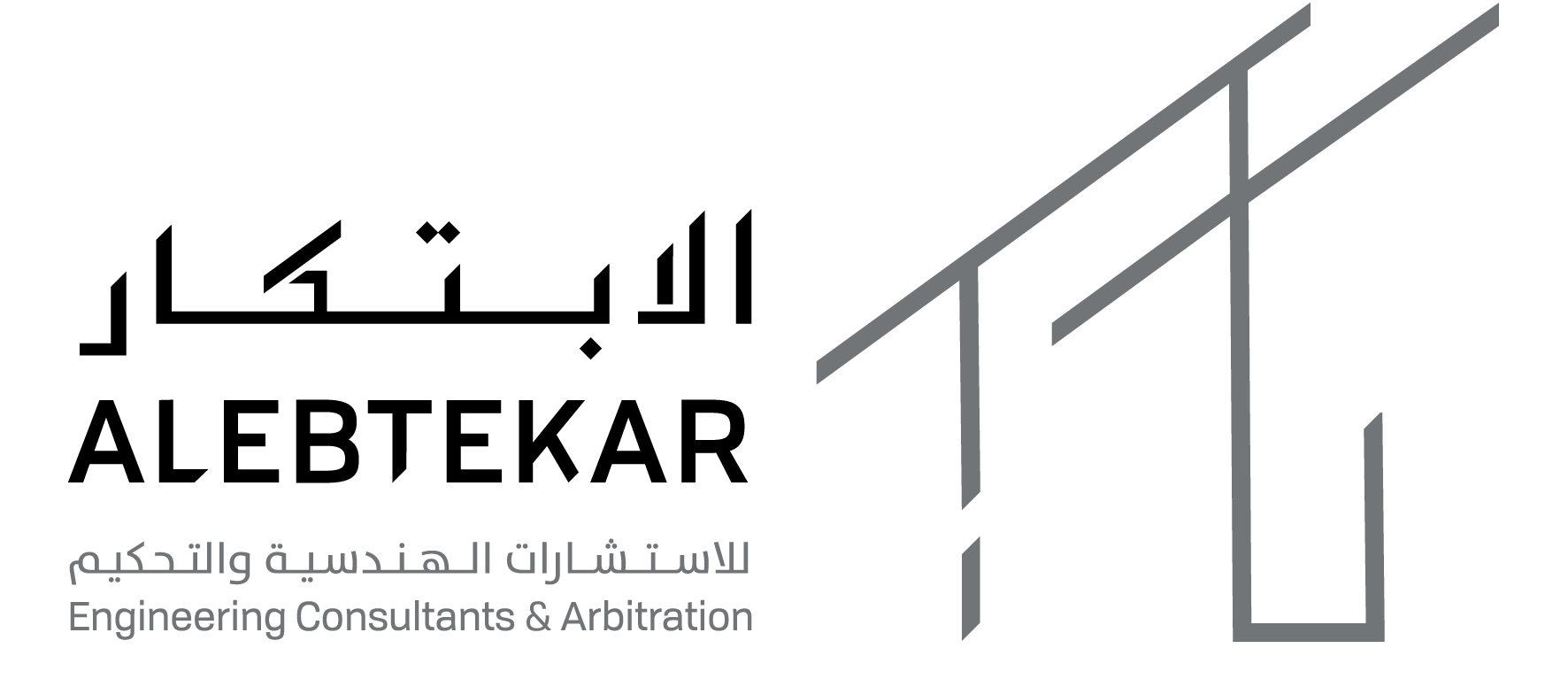The Importance of Technical Expertise in Modern Construction Projects
Technical expertise is a cornerstone of successful construction projects. It ensures that every aspect of a building, from design to execution, meets the highest standards. Without technical expertise, projects risk delays, increased costs, and compromised safety. This guide explains why technical expertise matters, how it impacts project outcomes, and ways to ensure your team has the right skills.
What is Technical Expertise?
Technical expertise refers to the specialized knowledge and skills professionals use to complete complex construction tasks efficiently and safely. It includes understanding building materials, structural systems, modern construction technology, and project management practices. Architects, engineers, and construction managers rely on technical expertise to make accurate decisions and solve problems proactively.
In the context of modern construction, technical expertise covers several domains:
- Engineering Knowledge: Understanding structural, mechanical, and electrical systems.
- Building Technology: Using advanced software and tools for design and planning.
- Regulations and Standards: Ensuring compliance with local and international building codes.
- Project Management: Coordinating teams, schedules, and resources effectively.
Why Technical Expertise Matters
Technical expertise directly impacts the quality, efficiency, and safety of construction projects. Here are the main reasons it is essential:
1. Enhances Project Quality
Technical expertise ensures that the project is built according to the highest standards. Skilled professionals can identify potential design flaws, recommend better materials, and ensure precise execution. The result is a durable, safe, and visually appealing structure.
2. Reduces Costs
Projects without technical expertise often face unexpected problems, leading to delays and additional expenses. Experts can foresee challenges, plan solutions in advance, and optimize resource use. This proactive approach reduces waste, avoids rework, and keeps the budget on track.
3. Improves Efficiency
With technical expertise, construction processes run smoothly. Teams understand the sequence of tasks, the correct use of materials, and how to integrate technology effectively. This minimizes downtime and accelerates project completion.
4. Ensures Safety
Construction sites are inherently risky. Technical expertise ensures that safety measures are followed correctly, reducing accidents and legal issues. Skilled professionals know how to handle equipment, manage materials, and comply with safety regulations.
Key Areas of Technical Expertise in Construction
Modern construction requires knowledge across multiple domains. Technical expertise is not limited to one field; it spans several critical areas:
- Structural Engineering: Understanding load-bearing systems, foundations, and materials.
- Mechanical, Electrical, and Plumbing (MEP): Designing and integrating essential building systems.
- Software and Digital Tools: Using Building Information Modeling (BIM) and other design software.
- Project Management Skills: Scheduling, budgeting, and coordinating multidisciplinary teams.
- Quality Control: Ensuring compliance with standards and performing inspections throughout the project.
How Technical Expertise Improves Project Outcomes
1. Accurate Planning and Design
Experts can create detailed plans that account for structural loads, material performance, and environmental factors. This minimizes errors during construction and ensures the design meets client expectations.
2. Efficient Resource Management
Technical professionals optimize the use of materials, equipment, and manpower. Proper planning reduces waste and ensures resources are used cost-effectively. This is crucial for large-scale projects with tight budgets.
3. Better Problem Solving
Construction projects often face unexpected challenges. Professionals with strong technical expertise quickly identify issues, analyze solutions, and implement fixes without causing delays.
4. Compliance with Standards
Technical expertise ensures that projects follow all local and international regulations. Compliance protects the project from legal issues, ensures safety, and improves building longevity.
Case Studies Demonstrating Technical Expertise
- Case Study 1 – High-Rise Construction in Dubai: Engineers used advanced structural modeling to design a safe, earthquake-resistant tower. Technical expertise reduced construction delays and optimized material usage.
- Case Study 2 – Sustainable Office Building in Riyadh: Experts integrated energy-efficient systems, solar panels, and smart building technology. This led to a 30% reduction in operational costs and high occupant satisfaction.
- Case Study 3 – Residential Complex in Jeddah: Proper project planning and skilled supervision ensured timely completion despite harsh climate conditions. Safety records remained flawless due to strict technical oversight.
Methods to Develop Technical Expertise in Construction
- Continuous Education: Attending workshops, courses, and certifications keeps knowledge current.
- On-the-Job Training: Hands-on experience develops practical skills and problem-solving ability.
- Collaboration: Working with multidisciplinary teams exposes professionals to diverse technical challenges.
- Technology Adoption: Learning BIM, CAD, and construction management software enhances precision and efficiency.
- Mentorship: Experienced engineers and architects guide junior staff, sharing insights and best practices.
Future Trends in Technical Expertise for Construction
1. Building Information Modeling (BIM)
BIM is transforming architectural and construction workflows. It allows for precise 3D modeling, real-time collaboration, and integration of all project data. Experts proficient in BIM reduce errors, improve communication, and accelerate decision-making.
2. Sustainable and Green Construction
Technical expertise in sustainable construction is increasingly valuable. Professionals need knowledge in energy-efficient systems, renewable materials, and eco-friendly design principles. This ensures projects meet environmental standards and reduce long-term operational costs.
3. Automation and Robotics
Automation, robotics, and AI are being integrated into construction processes. Skilled professionals can manage these systems to improve efficiency, precision, and safety. From automated bricklaying to drone site inspections, technical expertise remains critical.
4. Advanced Materials
Modern construction uses innovative materials like high-performance concrete, composites, and smart glass. Professionals must understand material properties, application methods, and durability to maximize their benefits.
Key Benefits of Strong Technical Expertise
- Higher Project Quality: Designs are accurate, and execution follows the plan perfectly.
- Cost Savings: Efficient planning reduces waste and avoids rework.
- Faster Project Completion: Teams can anticipate challenges and execute solutions quickly.
- Safety Assurance: Expertise ensures strict compliance with safety regulations.
- Innovation Adoption: Projects utilize the latest technologies and materials effectively.
Conclusion
Technical expertise is a vital pillar of modern construction projects. It ensures quality, efficiency, safety, and sustainability. By investing in skilled professionals, continuous learning, and advanced technologies, construction companies and homeowners alike can achieve successful outcomes.
Whether it is a residential complex, commercial building, or large infrastructure project, technical expertise bridges the gap between concept and reality. It empowers teams to navigate challenges, optimize resources, and deliver projects that meet or exceed expectations.
Contact Al Ebtekar Engineering Consultancy
📧 Email: INFO@ALEBTEKAR.COM.SA
📱 Mobile: 0540007320
☎️ Landline: 920004058


